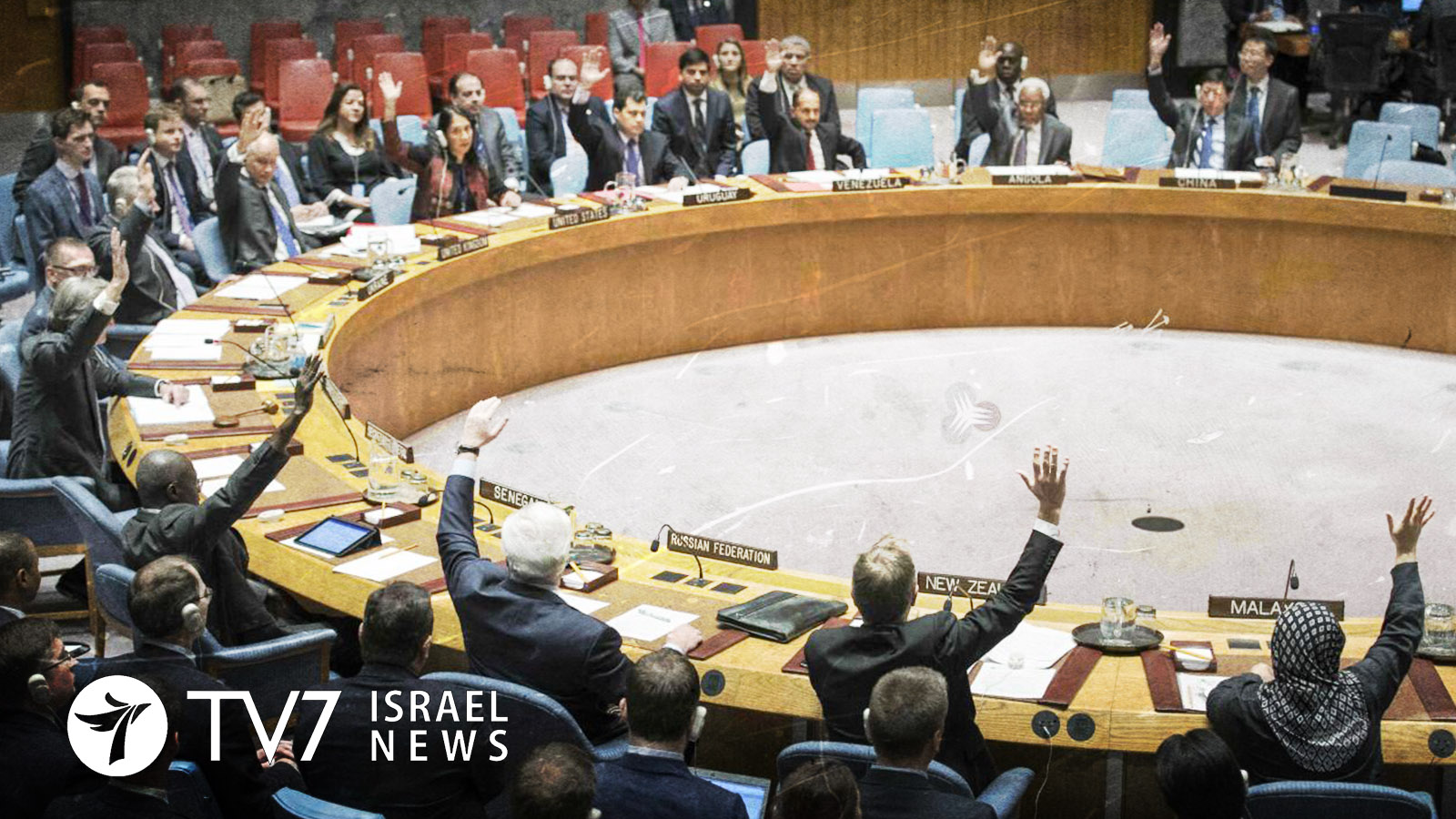Today marks exactly three years since the United Nations Security Council unanimously adopted Resolution 2254, which calls for a ceasefire and political settlement of the Syrian war. While all parties involved in the conflict cite resolution 2254 as the only foundation to ending the most severe humanitarian crisis since world-war-two; the echoed claims of an imminent break-through to the years-long stalemate of political progress have time-and-again proven to be false. Nevertheless, the United Nations – led by its special envoy for Syria Staffan De Mistura – continues its efforts to establish a political foundation that will spark a light at the end of the dark tunnel. As part of its efforts, a high-level meeting was held today in Geneva with the Foreign Ministers of Russia, Turkey and Iran, during which they discussed setting up a committee with an international mandate to draft a new constitution for Syria. The meeting came after diplomats from the three countries, who support different sides of the war – now in its eighth year– claimed that they are close to an agreement to form a committee. According to the Iranian Foreign Minister Mohammad Javad Zarif, so-long as external powers do not impede the efforts by Tehran, Moscow and Ankara, a U.N.-backed constitutional committee will be announced by the end of this week. “We see one common objective and that is to end this conflict in Syria, to end the bloodshed. We know that there is no military solution in Syria. We know that there should be a political solution. These are the core conditions that have brought Iran, Russia and Turkey together and we hope that with others feat, of other peoples helping and hopefully not impeding we will be able to announce a constitutional committee which Staffan de Mistura before the end of this week,” said the Iranian Foreign Minister. When the Iranian top diplomat was asked regarding to his country’s military presence in Syria and Western demands for its withdrawal from the war-torn country, Minister Zarif underscored the fact that the Assad regime had requested the Islamic Republic’s assistance and only when the Syrian government asks the Iranian Revolutionary guards and its proxies to leave – only then would Tehran consider its withdrawal. According to Zarif, “We are there on the invitation of the government of Syria whenever they ask us to leave, we will leave. And we are there only to fight terrorism, nothing else and people should not widen that conflict.”
While Iran continues to dub its presence in Syria as legitimate, the United States Special Representative for Syrian Engagement, Ambassador James Jeffrey, reiterated Washington’s policy in Syria –which include the eradication of the Islamic State, a fundamental political change in Damascus and an Iranian military withdrawal from the war-torn-country. In an address to the Atlantic Council’s “The Future of U.S. Policy in Syria” program, the American envoy stressed that Iran’s continued military presence in Syria is viewed as a threat to the United States and its allies in the region. According to Ambassador James Jeffrey, “We think that Iran has to get out of there. And when we say Iran, were talking about Iranian ground troops. Iran will have diplomatic influence in Syria, and it has had it for many decades, it will have more now because of the relative change in power of the Assad regime verses Iran. But, Iranian troop in particular, Iranian long-range power projection capabilities, missiles, rockets and defense systems to protect them. They are a threat right now to Israel, which is why Israel conducts strikes against them … but they are potentially a threat to us [U.S.], to our allies and partners such as Jordan and Turkey.” The U.S. Ambassador further emphasized that while the Trump Administration aspires to see a regime in Damascus that is “different,” no regime change is demanded under Washington’s policy. In his words, “So, we want to see a regime that is fundamentally different, its not a regime change, we’re not trying to get rid of Assad, we just want to see a regime – again – that does not produce the kind of horrors that we have seen.”
